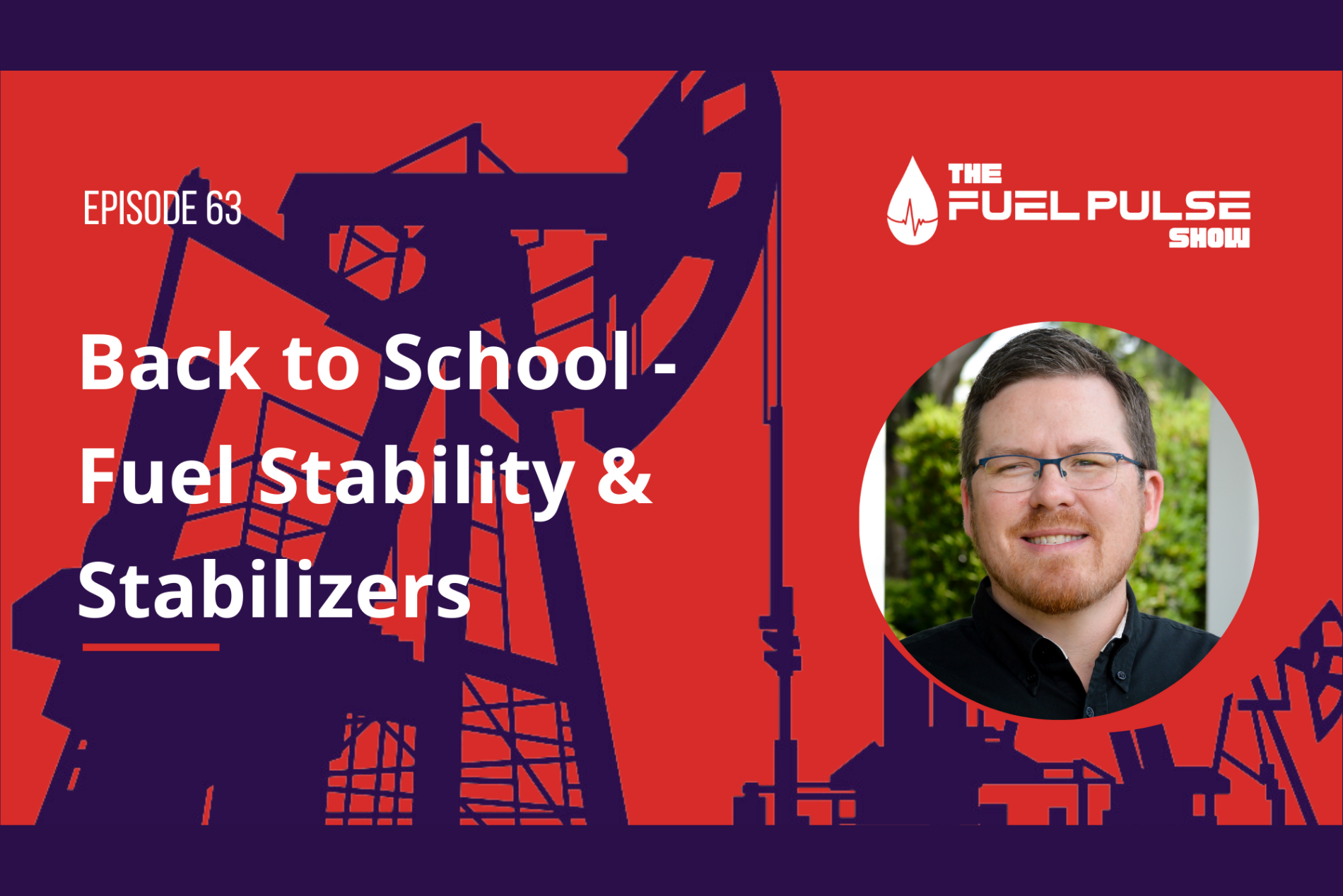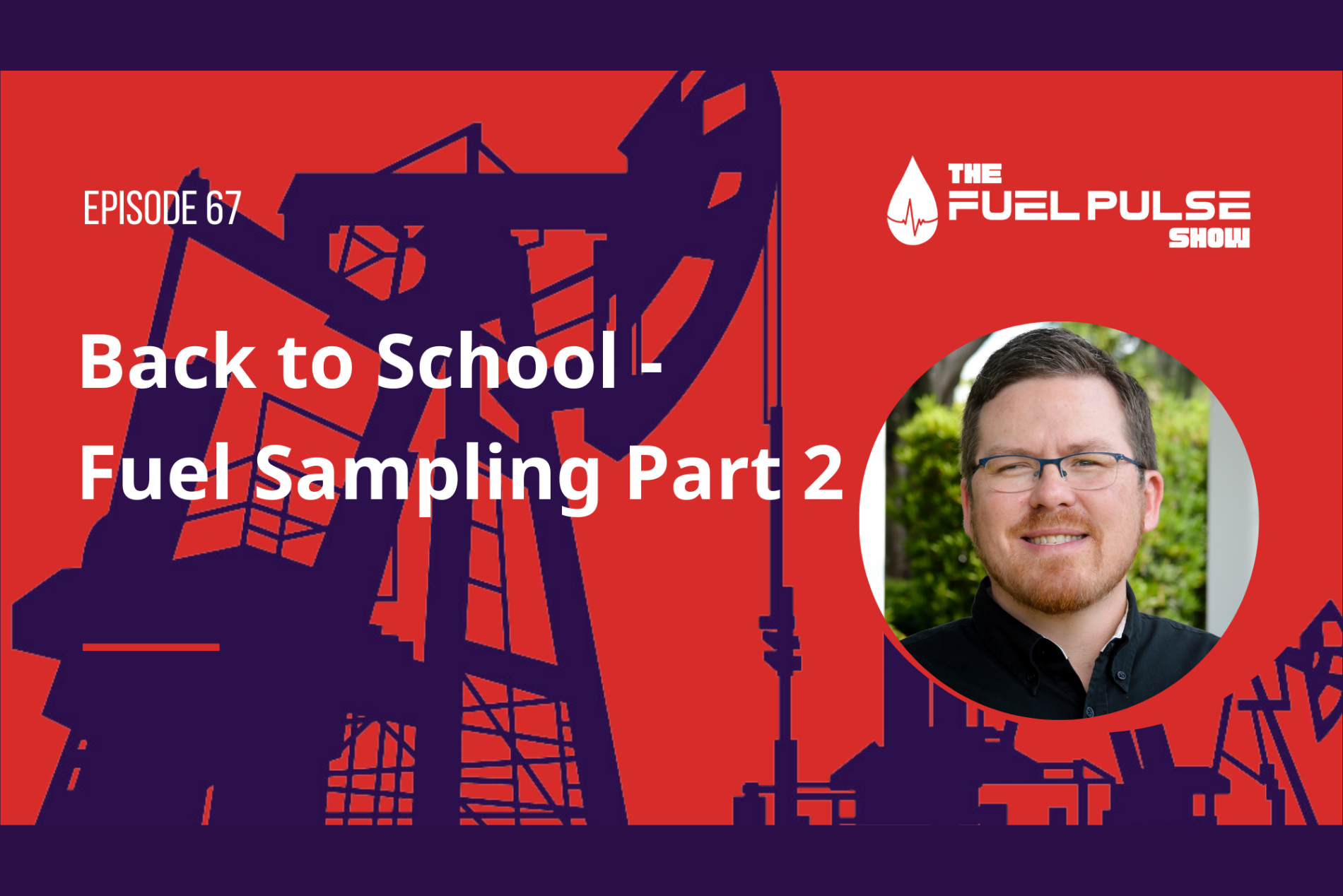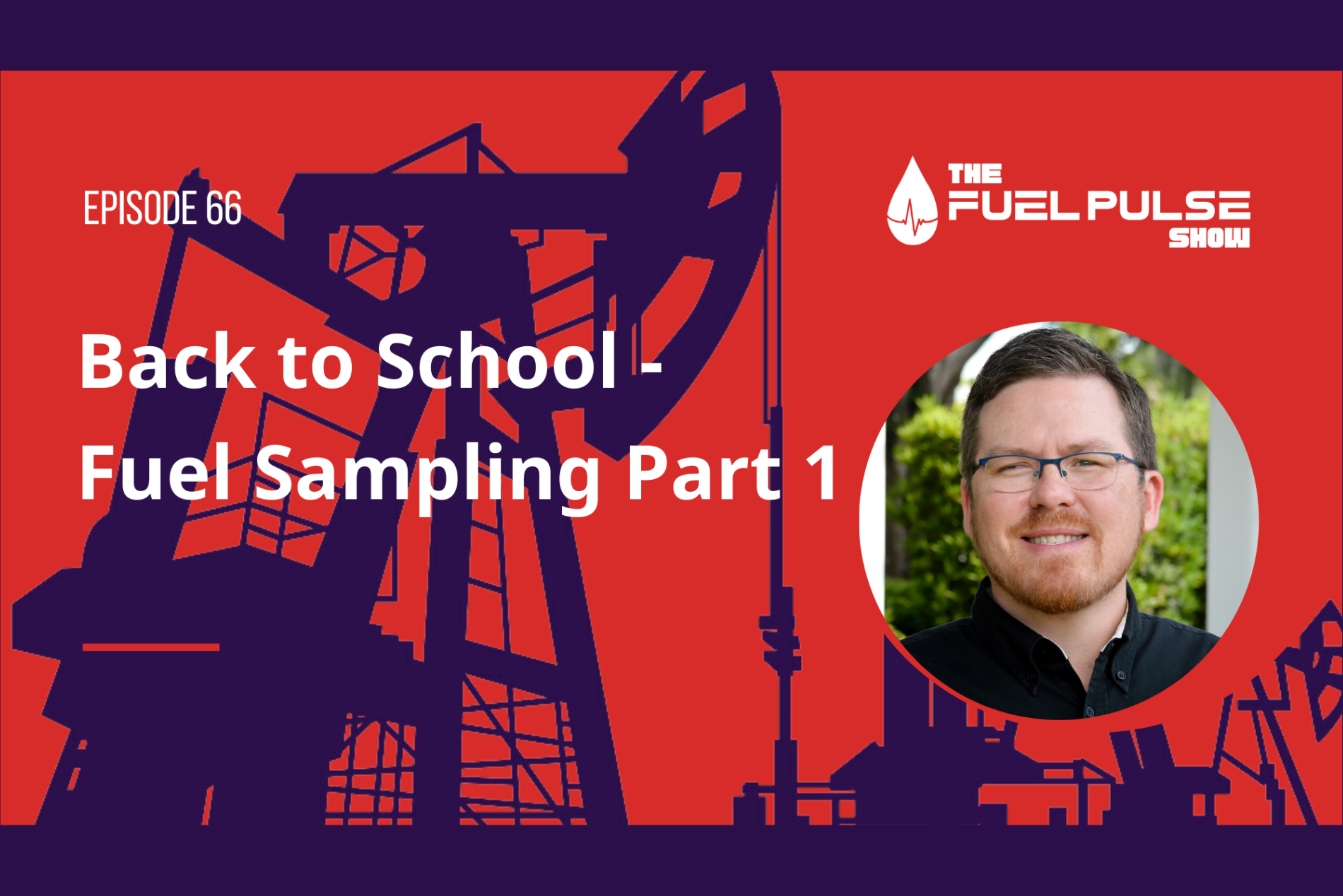Episode 063 - Back to School - Fuel Stability and Fuel Stabilizers
This episode explores the critical role of fuel stabilizers in maintaining stored fuel quality. Host Erik Bjornstad discusses why petroleum fuels...
1 min read
Erik Bjornstad : Sep 18, 2024 6:00:00 AM

In this episode of the Fuel Pulse Show, host Erik Bjornstad delves into the basics of long-term diesel fuel storage. He explains that diesel fuel begins to degrade almost immediately after refining due to unstable molecules and environmental factors like heat, oxygen, water, and microbial contamination.
Bjornstad discusses various tests to assess fuel health, including water and sediment, oxidative stability, and microbial testing. He recommends removing water and biomass, eliminating microbial contamination, and using fuel stabilizers to slow degradation.
The episode emphasizes the importance of early intervention and regular maintenance to extend the life of stored diesel fuel, providing valuable insights for fuel storage management.
Here are three notable quotes from the podcast episode:
00:00 - Introduction and episode topic
00:59 - What happens when fuel is stored
01:59 - Factors that speed up fuel degradation
03:59 - Ways to assess fuel health and stability
05:59 - Key tests for evaluating stored fuel condition
07:59 - Methods to slow down fuel degradation
09:59 - Conclusion and recap

This episode explores the critical role of fuel stabilizers in maintaining stored fuel quality. Host Erik Bjornstad discusses why petroleum fuels...

This episode explores proper fuel sampling techniques and locations for different types of fuel testing. Erik Bjornstad explains how contaminants...

This episode explores proper fuel sampling techniques as part of effective fuel maintenance. Erik Bjornstad discusses the critical aspects of where...